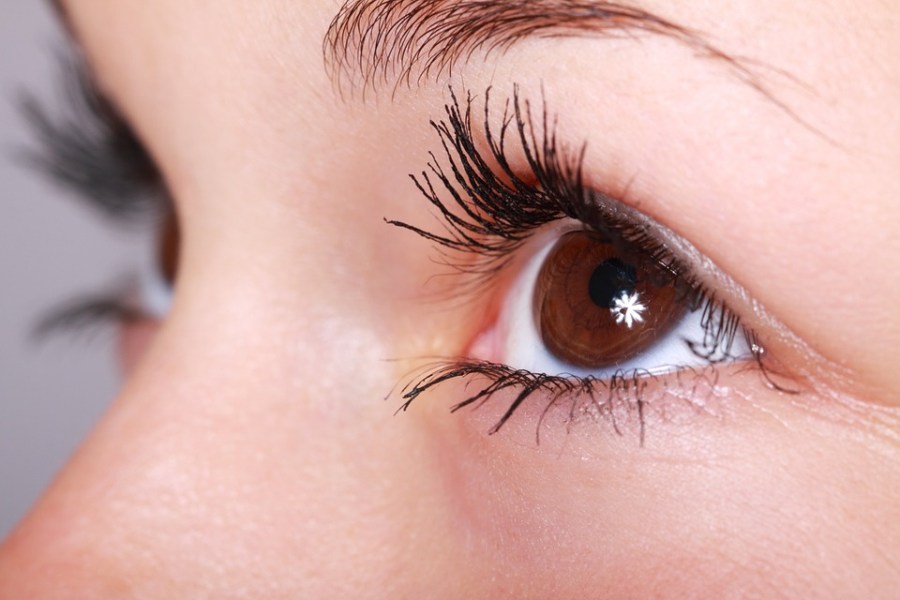Can Contact Solution Be Used for Eye Drops

Vision is an important part of our lives, yet the ability to see is something that many people take for granted. It's easy to not think about caring for our eyes until something goes wrong with them. What do you do when you have a problem with your eyes? Knowing what causes eye problems and how to treat them is key to maintaining long term eye health. Here are the causes and treatments for some of the most common eye problems.
Red eyes can occur for various reasons. They could be the result of allergies, especially if they are itchy. If you suffer from allergies, take an antihistamine or use allergy eye drops. A cold compress may help as well. If eye drops don't clear up your red eyes, they could be red from conjunctivitis, or pink eye. If so, stop rubbing your eyes and see a doctor. If one of your eyes is bright red, you may have a ruptured blood vessel. Time heals this wound, but you can see a doctor if you're concerned about it.
Floaters or Flashes
It's actually normal to see specks or threads in your eyes from time to time. Protein embedded in the vitreous gel around our eyes breaks free from time to time, which causes you to see floaters in certain types of light. However, if you also see flashes or cloudiness with these floaters, it's cause for concern. These flashes and mistiness could be the symptom of a detached retina, in which case medical attention is necessary. An optometrist see what's going on within your eyes to determine how severe the problem is and what to do to treat it.
Itchiness or Pain
Itchy eyes can be a nuisance, and they're most likely the result of allergies. Use allergy eye drops or an antihistamine to take care of them. Alternatively, it could be pink eye, particularly if the itchiness is accompanied by any discharge. You should always avoid rubbing your eyes if they itch, because you could make the itching worse. If you experience pain in your eyes that feels like a headache, eye strain or sinus problems are the likely cause. A pain reliever and some rest will help. If the pain is constant, it could be the result of inflammation or dry eyes. Either way, see an optometrist for treatment and further care.
Blurry Vision
We all experience blurry vision from time to time. If you're experiencing blurriness that comes and goes and is minor, you're most likely experiencing eye strain or tiredness. Rest is usually all you need to relieve the blurry vision. Allergies, dry eyes or pink eye can also cause occasional blurriness. If this is the case, seek the proper treatment. If sudden, severe blurring occurs, see a doctor as soon as possible, and if darkness of vision occurs, call 911 or go to an emergency room, as those conditions could be the symptom of a severe eye problem or even a stroke.
Eye Trauma
Everyone experiences eye irritation from time to time. Usually, it's nothing to worry about. If you have a speck of dust or something small in one of your eyes, rinse with saline solution or eye drops, and you should be fine. However, if you have a larger object in your eye, like metal particulates or sawdust, go to your eye doctor. Cover the eye to prevent yourself from messing with it. If someone or something hits you in the eye, visit an eye doctor as soon as possible to check for scratches or detachment. Use a cold compress or ice while waiting to see the doctor for some relief.
MORE FROM SYMPTOMFIND.COM
Can Contact Solution Be Used for Eye Drops
Source: https://www.symptomfind.com/health/causes-and-treatments-of-common-eye-problems?utm_content=params%3Ao%3D740013%26ad%3DdirN%26qo%3DserpIndex
0 Response to "Can Contact Solution Be Used for Eye Drops"
Post a Comment